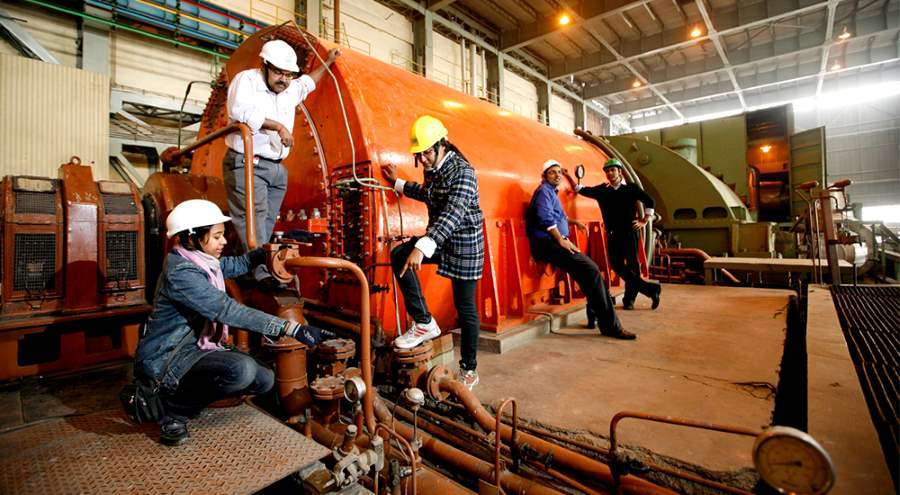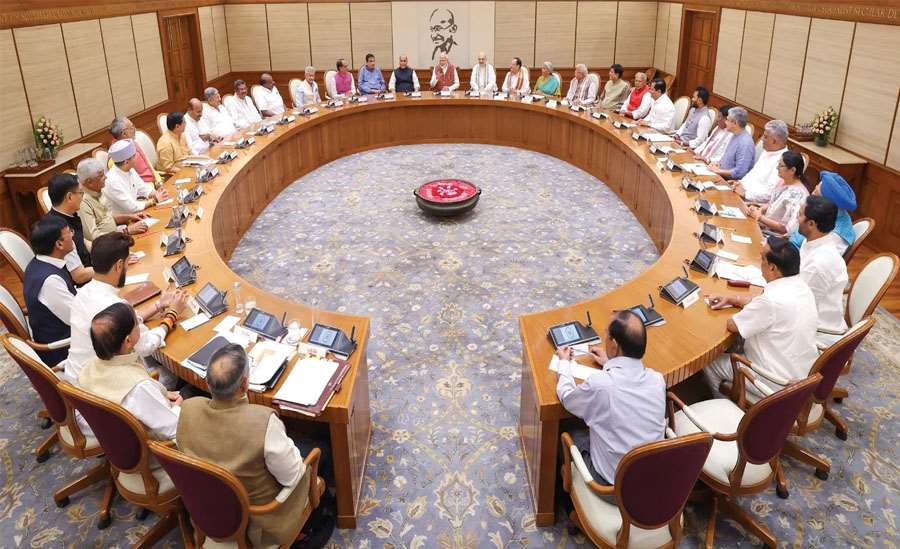
CSR @78: FUELING INDIA’S JOURNEY TO VIKSIT BHARAT
Birth of a Vision: Philanthropy in Independent India In 1947, when India emerged from colonial rule, the idea of corporate social responsibility was deeply rooted


Birth of a Vision: Philanthropy in Independent India In 1947, when India emerged from colonial rule, the idea of corporate social responsibility was deeply rooted

As India marches toward its ambitious net-zero goals, the role of individual states in driving environmental protection and sustainable waste management has become more critical

Public Sector Undertakings, or PSUs, are not just government-owned enterprises—they are pillars of national development.. They are the unsung heroes of India’s development story—nation builders

While skyscrapers and stock exchanges often capture the headlines, it is the stories of resilience, compassion, and innovation that truly shape the world we live

Corporate Social Responsibility (CSR) has evolved significantly in India over the past decade. With the introduction of the Companies Act, 2013, which mandates eligible businesses

In 2025, corporate social responsibility (CSR) has emerged as more than a moral compass; it is now a fundamental pillar of business strategy. With the

Skilling and Job creation get additional support India is redesigning the corporate social responsibility architecture by strengthening its foundation while reposing faith in the industry

The 2024 elections to the Lok Sabha was a watershed event in the Indian history. Aspirations and anguish of people were refelected in the voting,

CSR in each state has a unique story to tell. The efforts that the state government has taken, the support and contributions made by the

A strong Environmental, Social, and Governance (ESG) strategy is a force multiplier. Organizations must integrate their sustainability efforts into a core CSR and transformation agenda
If you wish to get your CSR work highlighted, please submit it through the following form:
























